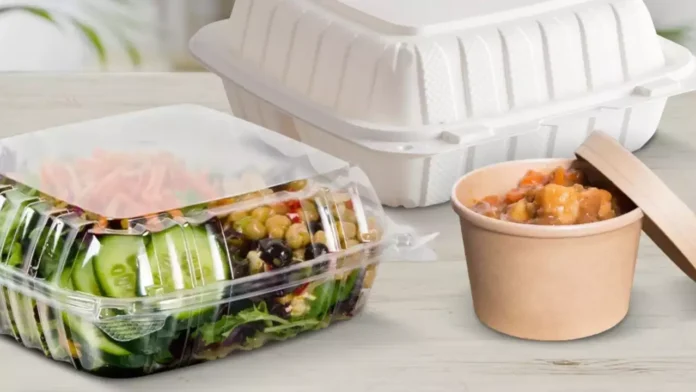In the current landscape, Food and Beverage (F&B) enterprises are strategically moving away from plastic as their preferred packaging material. Recent studies have revealed that three of the top five commitments made by industry leaders to tackle sustainability concerns involve minimizing plastic usage. Tetra Pak‘s research explored the attitudes of F&B manufacturers towards sustainability, both presently and projected over the next five years.
Half of the surveyed businesses identified consumer demand as the primary driver for adopting new sustainable solutions in the manufacturing and processing sectors. This aligns with findings from a separate Tetra Pak consumer study on packaging. The study revealed that nearly three-quarters of respondents (74%) would be more inclined to purchase if a brand discussed environmental issues. Additionally, 42% believe that an “environmentally friendly package” justifies a higher price. These insights offer a compelling argument for the industry to embrace a business model that minimizes environmental impact.
Seventy-seven percent of businesses indicated a readiness to make cost-related sacrifices to implement sustainable manufacturing and processing solutions, even amid ongoing macro-economic challenges in the industry. This perspective aligns with the outcomes of COP28, where numerous private sector stakeholders pledged to sustainability goals and initiatives. This includes Tetra Pak’s proactive approach to transforming food systems.
Continue Exploring: Amcor and Mondelēz International collaborate to introduce recycled plastic packaging for Cadbury Chocolate products
The business community’s attention to environmental impact appears to be reaching a critical juncture, with an anticipated 10% surge in urgency to adopt practices that decarbonize the world’s food systems over the next five years, increasing from 49% to 59%. When queried about the ways packaging and processing suppliers can contribute, 65% of companies emphasized the significance of new product developments, underscoring the pivotal role of innovation in our global efforts to combat climate change.
Gilles Tisserand, Vice President of Climate & Biodiversity at Tetra Pak, remarked, “The food and beverage industry stands at a pivotal juncture, reassessing its business practices to confront the climate crisis and adapt to the resultant challenges in operations and solutions. Companies are seeking support from suppliers to excel in an ever-competitive market, and we are dedicated to doing our part. We will continue to drive innovation by advancing research, fostering collaborative ecosystems, and enhancing our product offerings.”
Additionally, Gilles Tisserand stated, “Our innovation strategy is guided by principles of renewability and recyclability, prioritizing the decarbonization and circularity of materials to meet the demand for sustainable food packaging. Consumer preferences, such as the recognition of cartons as the most ‘environmentally friendly’ beverage packaging and plastic as the least, validate our approach. The fact that we saw a 46% increase in sales of packages made with plant-based polymers in 2023 compared to 2021 further demonstrates the industry’s commitment to change.”
Continue Exploring: Kellanova steps up sustainability efforts with major reduction in plastic packaging





